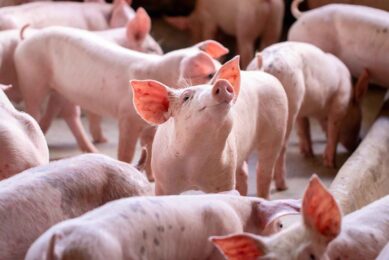EU project on vectors of diseases launched

EFSA and the European Centre for Disease Prevention and Control (ECDC) held their kick-off meeting (May 10) on VECTORNET, a four-year project aimed at developing a common database on vectors of diseases affecting humans and/or animals.
Vectors are organisms, such as mosquitoes, ticks, midges and sand flies, which can transmit pathogens to animals or people.
The database relies on data provided by a network of institutions and research bodies across the EU and should work as a tool to better protect humans and animals to vectors present.
Important vector borne diseases in humans are malaria and dengue fever. In animals, Schmallenberg (sheep), Japanese encephalitis virus (pigs) and bluetongue (cows, sheep) are examples of diseases were a small mosquito is the vector.











